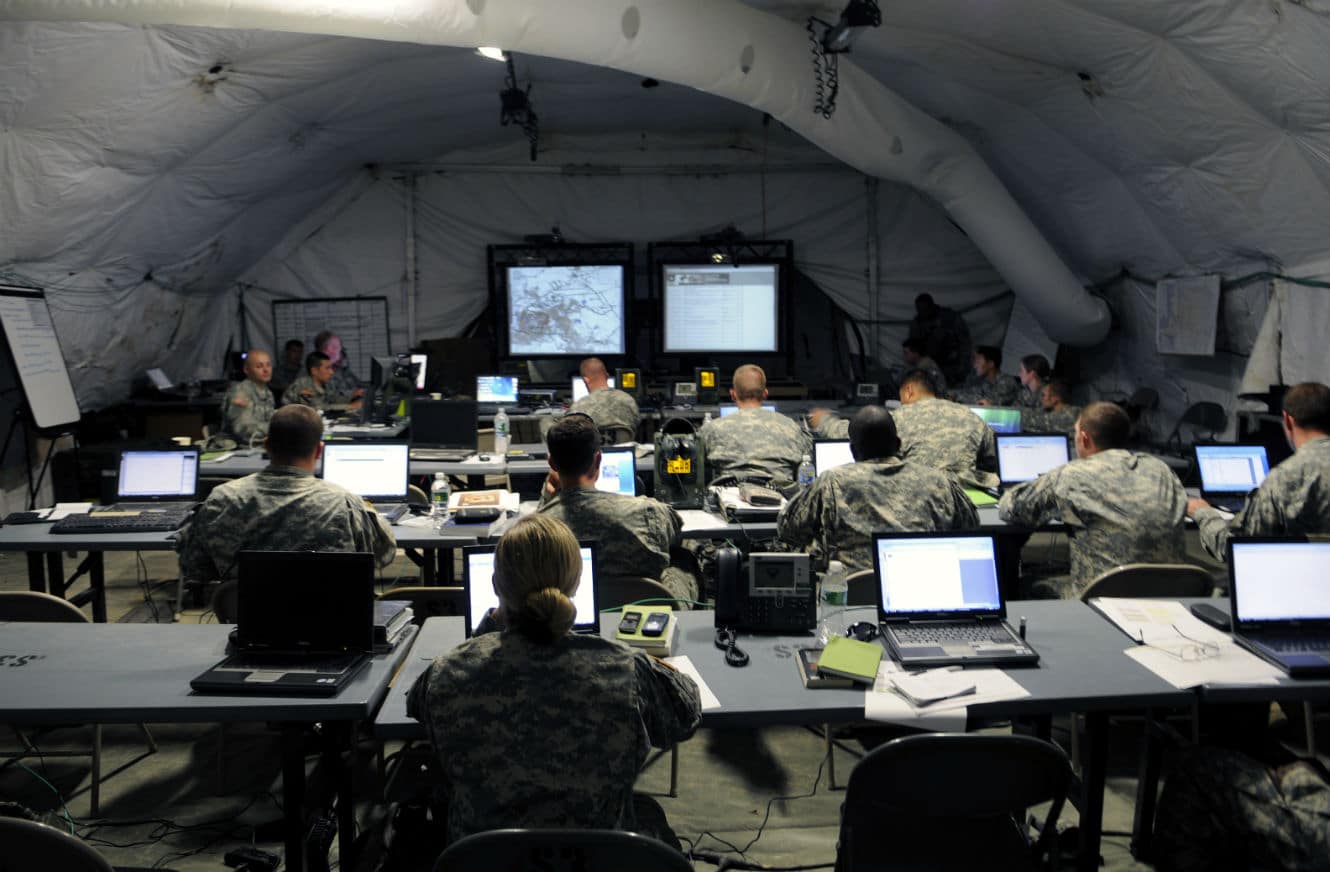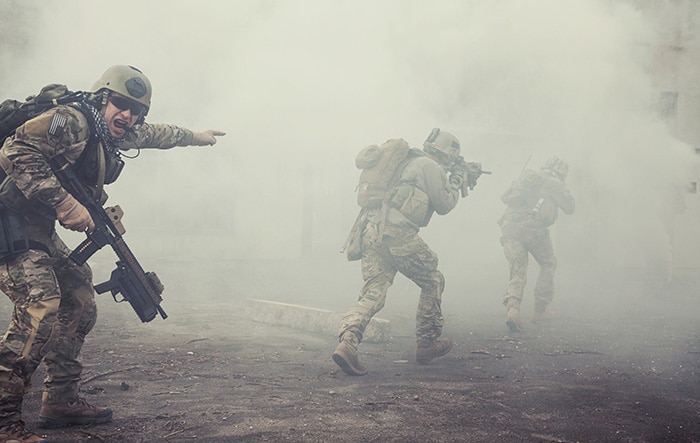
- The App
- Sandboxx News
- Resources
Learn
- Company
About
Become a Partner
Support
- The App
- Sandboxx News
- Resources
Learn
- Company
About
Become a Partner
Support

Marine Corps Intelligence, is an element of the United States Intelligence Community. The Marine Corps Intelligence Activity mission is to provide intelligence services to the Marine Corps and the U.S. Intelligence Community.
The typical duties of this job include the collection, recording, analysis, processing, and dissemination of information and intelligence. The intelligence specialist, depending on his or her rank, may supervise intelligence sections of commands up to and including the Marine Expeditionary Force (MEF).
1. Be a skeptic.
You may have heard the phrase, “perception is reality.” Purge that phrase from your thinking. Instead, see the world this way:
“perception is the limited vision of those who are not curious enough to dig deeper for reality.”

As an intelligence pro, you must dig deeper. More accurately, you must: view things dispassionately; recognize how your biases influence your views; apply mental and academic models to what you see; unambiguously state what you can identify as one thing or another, AND what you cannot identify or disprove; assign discrete levels of probability to potential events that are reasonable given the information at hand.
If all that doesn’t sound fun to you, maybe think about other jobs.
This is true regardless of your military occupation. Expand your exposure to ideas. Explore the obstacles faced by other intelligence professionals. Research the solutions they created to overcome those obstacles. Uncover the different models for thinking, for analysis, for assigning probabilities when quantitative data is missing.
Some books I recommend:
This is a must read about intelligence concepts and models. It’s written at a more strategic level but is easily applied at the tactical level (where most intel folks spend their time).
A provocative exploration of how different people think. Specifically, how an intelligence professional thinks and presents information versus how a policy-maker or military decision-maker thinks and receives information. And it’s all backed by some interesting science.
This is a quicker, more accessible read, but still covers biases, intuition, and decision-making; all extremely important to understand as an intelligence professional.
This is a very thorough, academic exploration (with plenty of peer-reviewed data from multiple disciplines) about perception, intuition, and decision-making. If Blink is a synopsis, this book is a multi-volume encyclopedia version.

If there is one thing that could make you successful as an intelligence professional, it would be a thorough understanding of the intelligence cycle. Know the intel cycle. Know where you fit in that cycle. Know where your team fits; where your battalion fits.
Basically, understand your responsibility for interpreting your commander’s intelligence requirements; using those requirements to plan and execute your team’s collection activity; analyzing the information collected and communicating its usefulness to your commander; ensuring you and your teams comply with applicable laws and regulations; and constantly improving your processes through feedback, innovation, and encouraging open discussions and respectful dissent.
It will be your mastery of the overall intelligence discipline that carries you forward. The intel cycle is the foundation of that discipline. So get on it.
Thanks to Nick P. for this nugget.
As you consider your job options, you’ll start to get a pretty good idea of how all the jobs combine to build ‘the big picture’ of national security. So, up front, spend 80% of your time thinking about that big picture. Spend the other 20% thinking about how the strategy is implemented at the tactical level.
For intelligence, this means:
Bottom line: learn strategy and think strategically.
Then, once you actually become a military intelligence person (in any service), flip the ratio. Spend 80% of your time mastering the tactical mechanics of your profession. But continue to cultivate your strategic understanding (20%). Build mastery in:
To write well, you must think well. As an intel pro, you must be the best thinker around. You don’t need to have the highest IQ, but you must have the best mental models for how to perceive the world (refer to #2, above).
But being the best thinker isn’t enough. Great intelligence collection, oversight, and recommendations are useless if they are not clearly and unambiguously communicated to the appropriate audience, in a timely manner.
95% of the time, you communicate all that stuff through writing. And if your writing sucks, your intel sucks (even if the intel is great).
So, if you know you aren’t a good writer you have two options:
Keep this in mind: do not write to be understood. Write so that it’s impossible to be misunderstood.
As an intel expert, your job is to apply rigorous, academic (and, yes, even scientific) frameworks to the information you collect. Your products must be well-researched, your recommendations must be logically sound, and the picture you paint through your analyses must openly consider both knowns and unknowns.
And, oh yeah…everything you produce as an intelligence professional must support a military decision. Otherwise, it’s just a classified news article.
Happy hunting, and good luck as you consider your job options.




